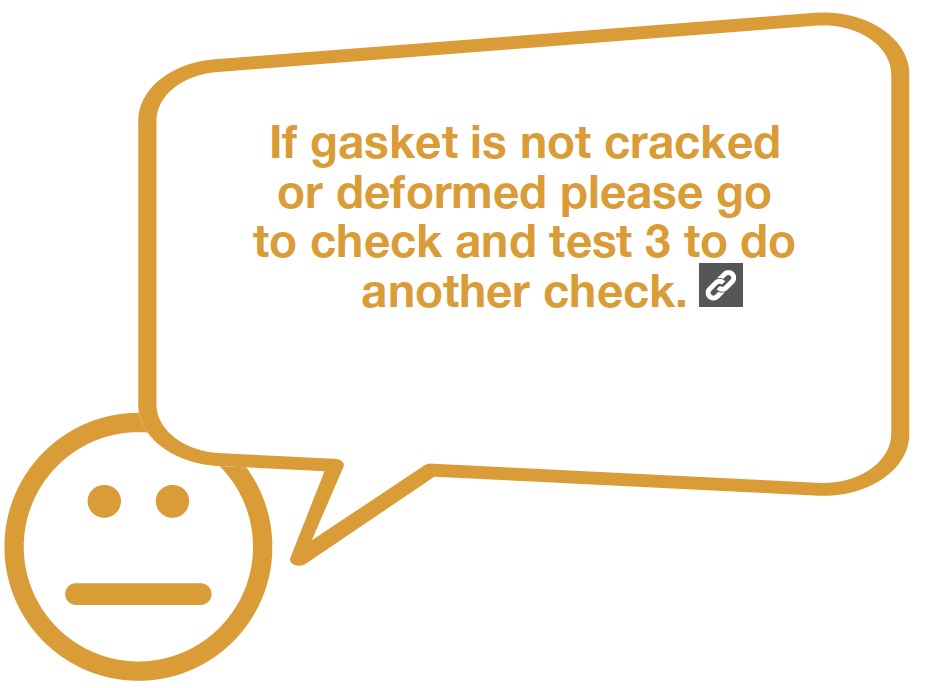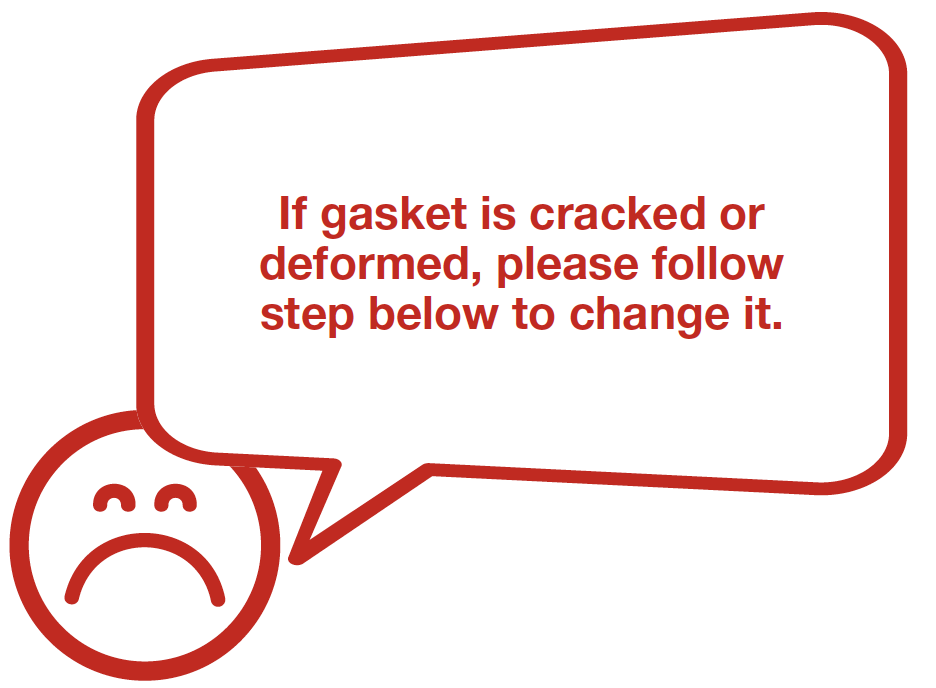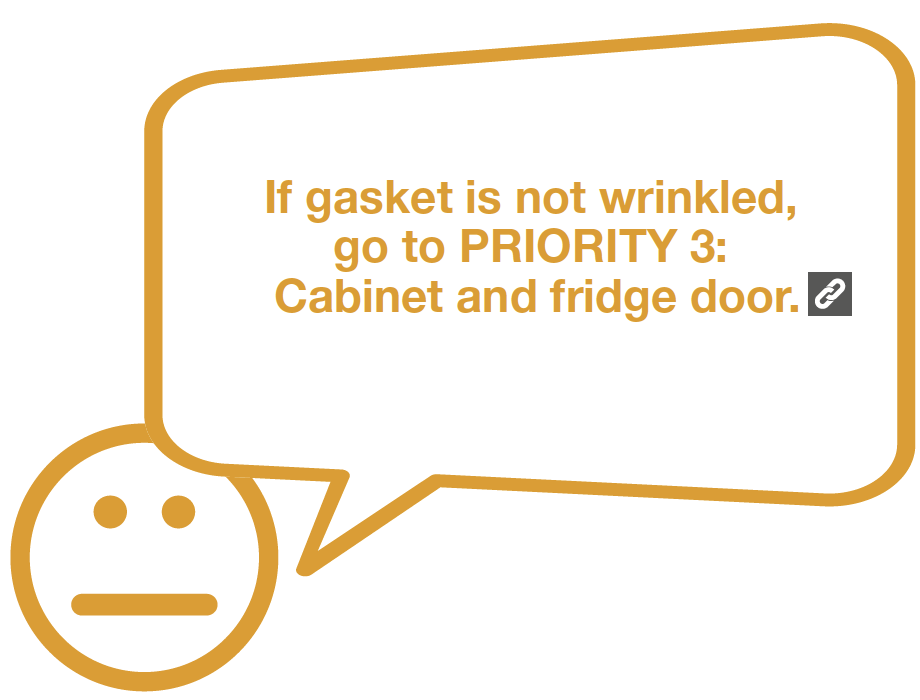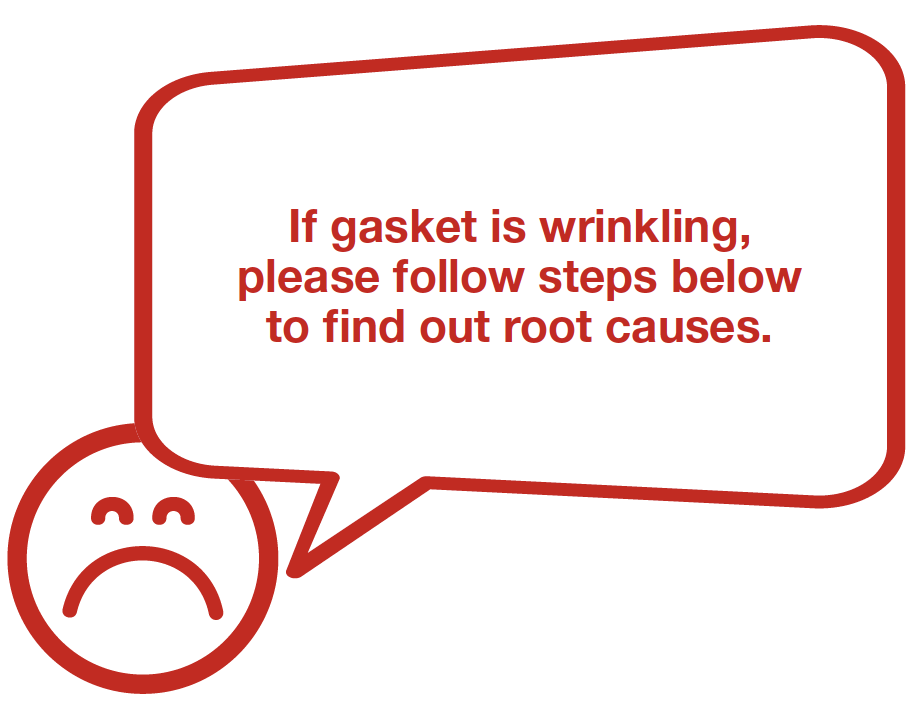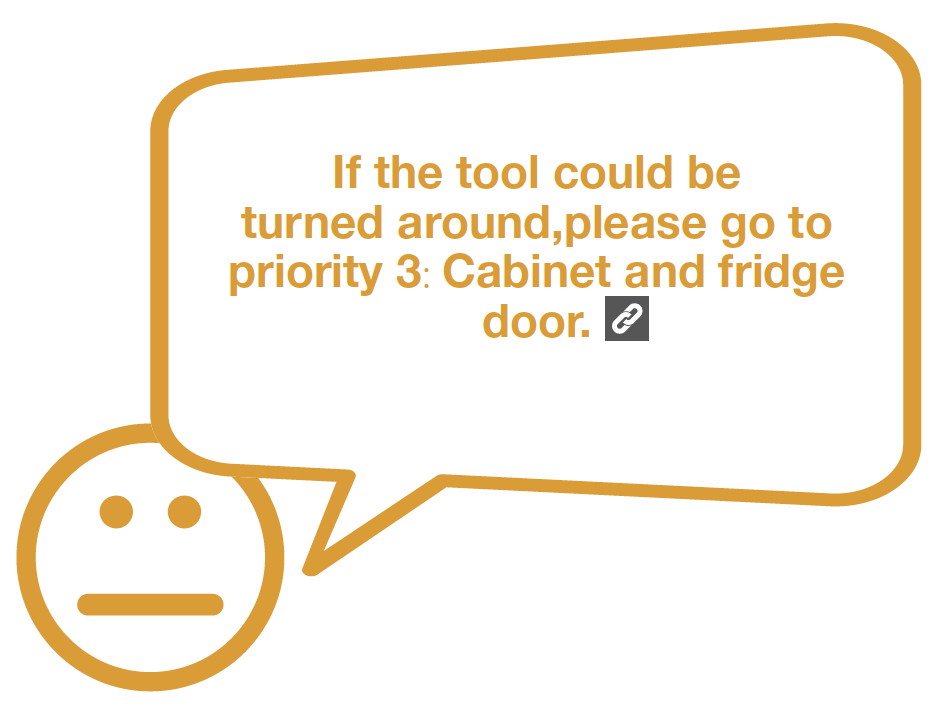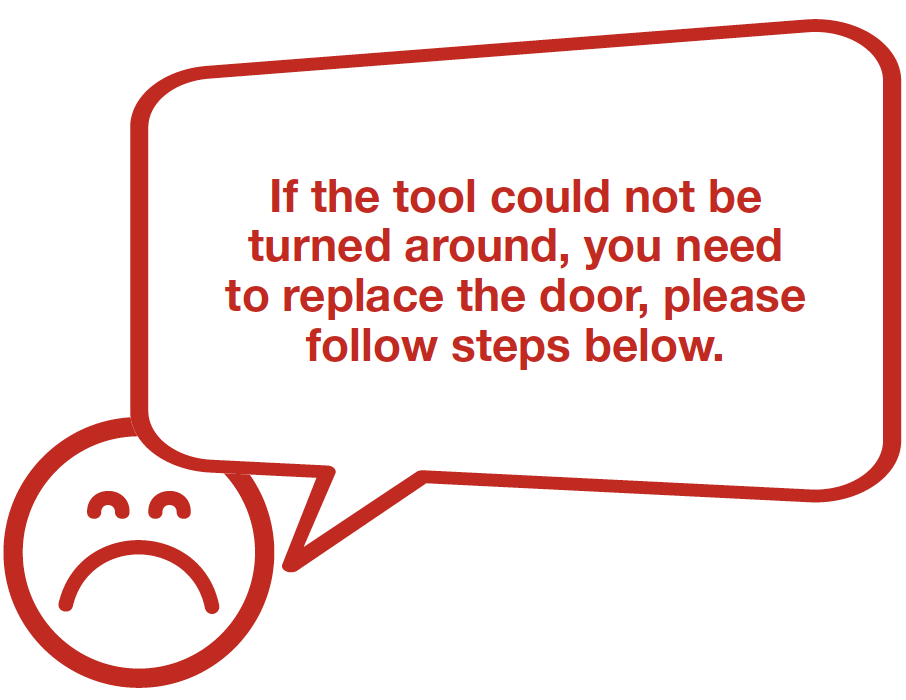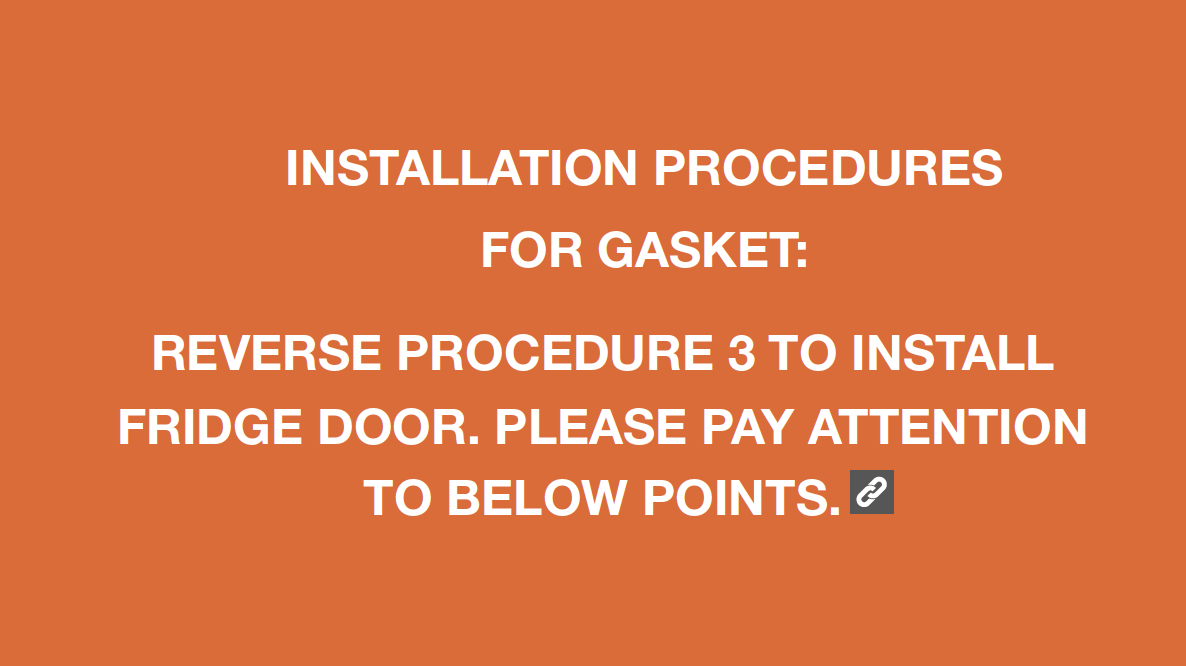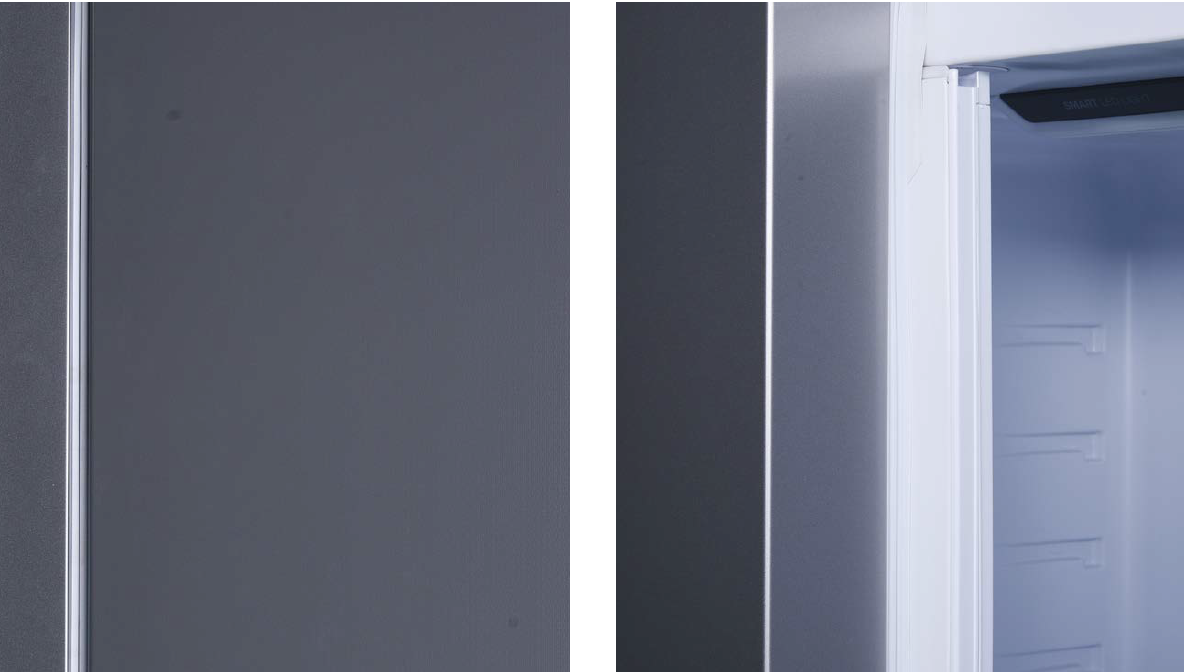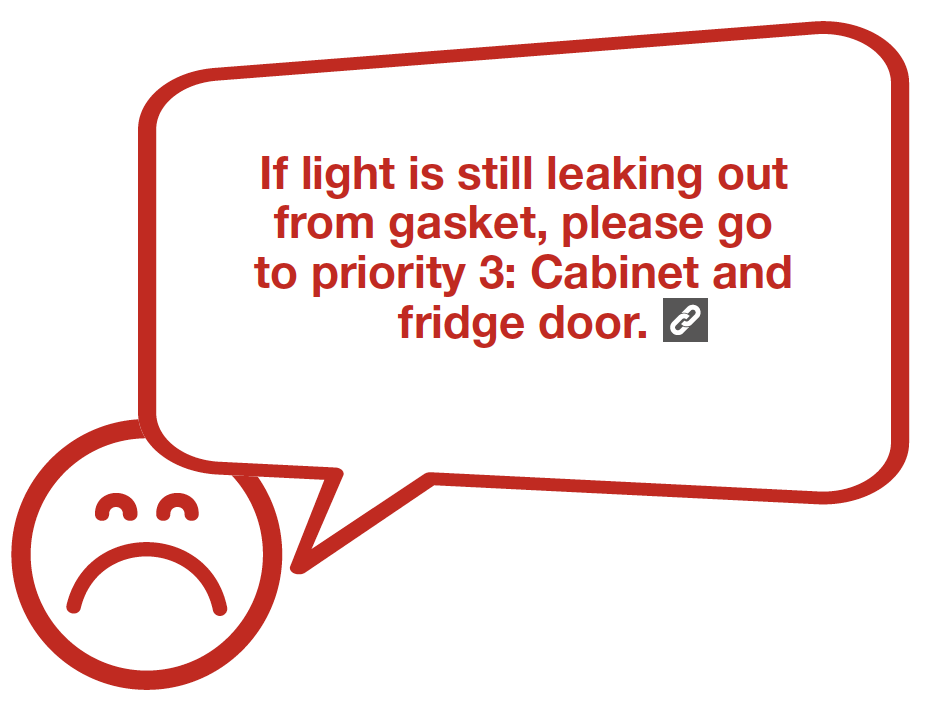

CHECK AND TEST 1
Open fridge doors to check carefully to see if gasket is cracked.
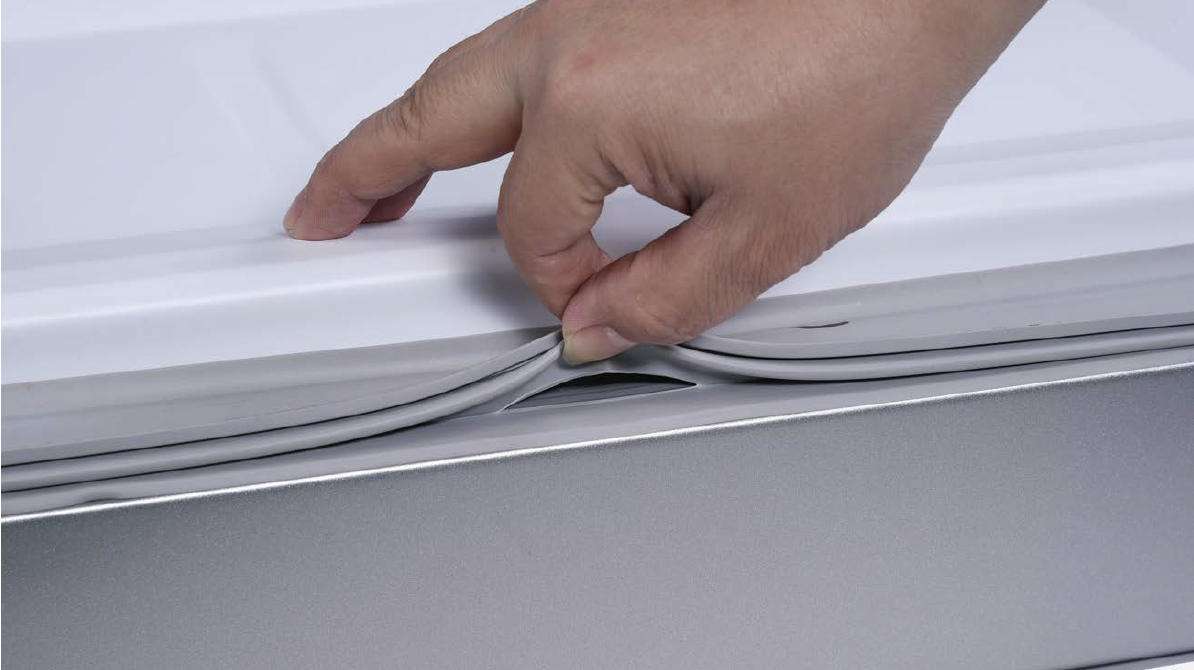
Step 2
Check carefully to see if gasket is deformed.
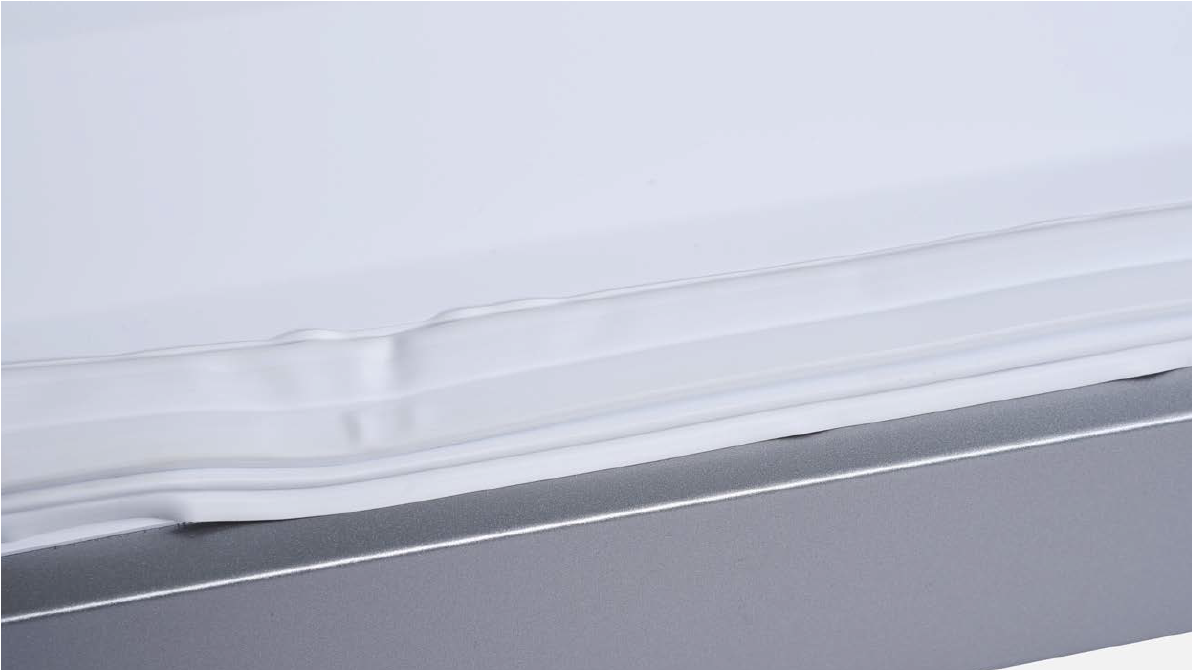
DIAGNOSIS 1


PROCEDURE 1

Step 1
Pull gasket out from corner.
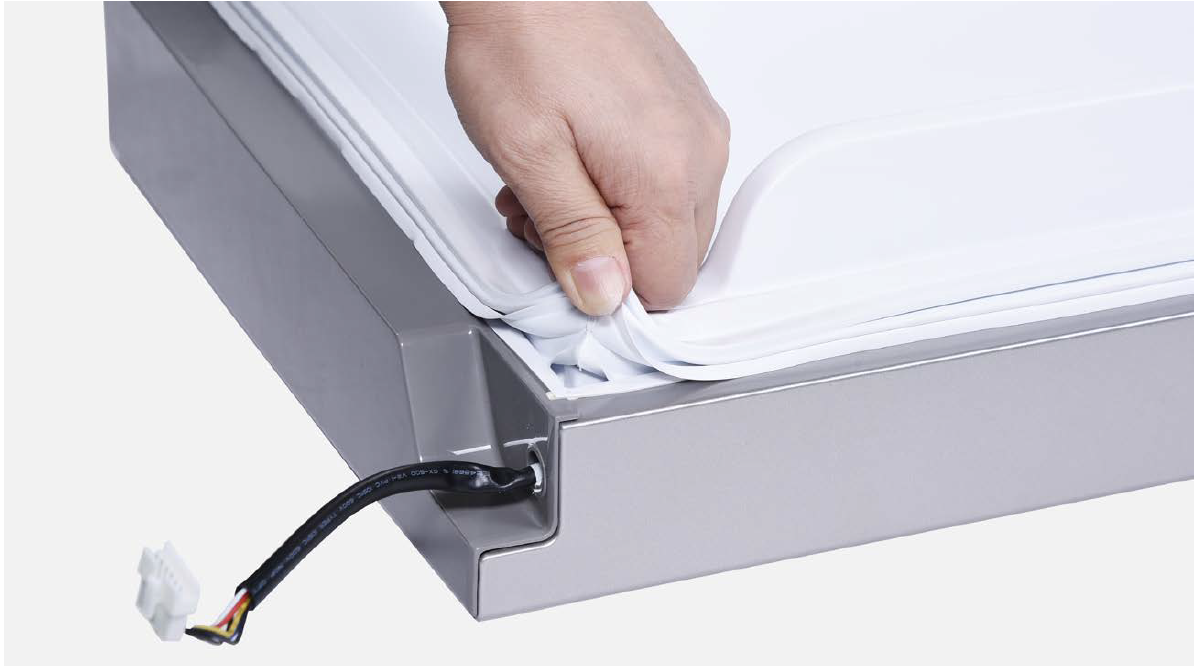

PROCEDURE 2
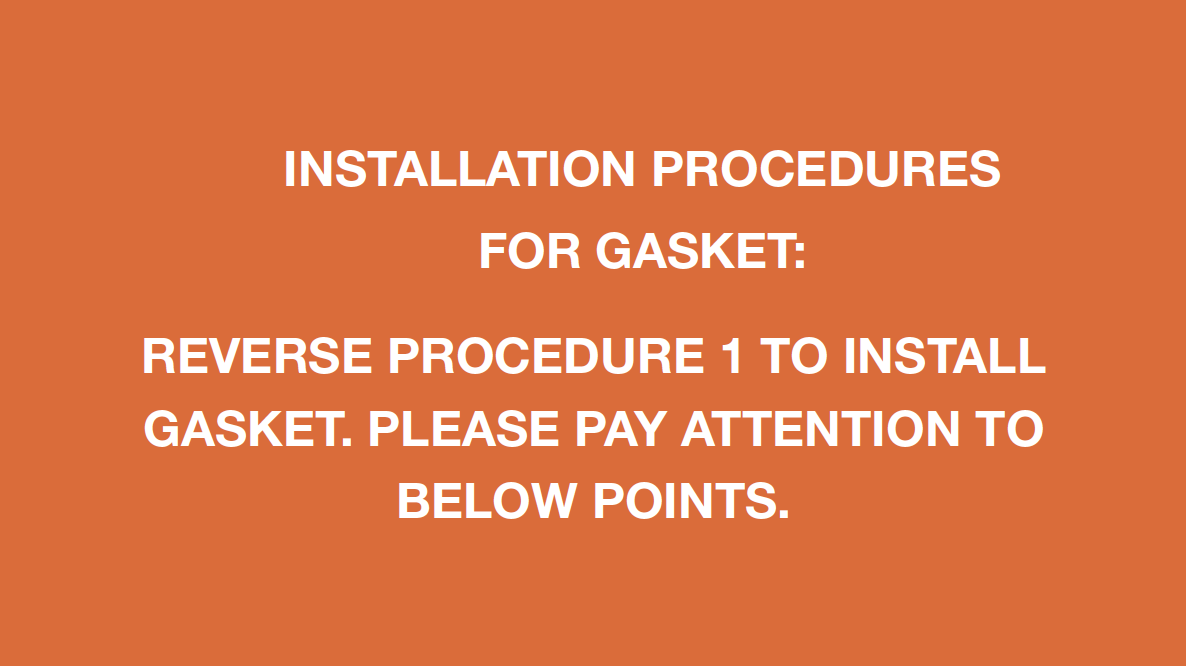
Tip 1
Start from corner.
Make sure base of gasket is pressed into trough completely.
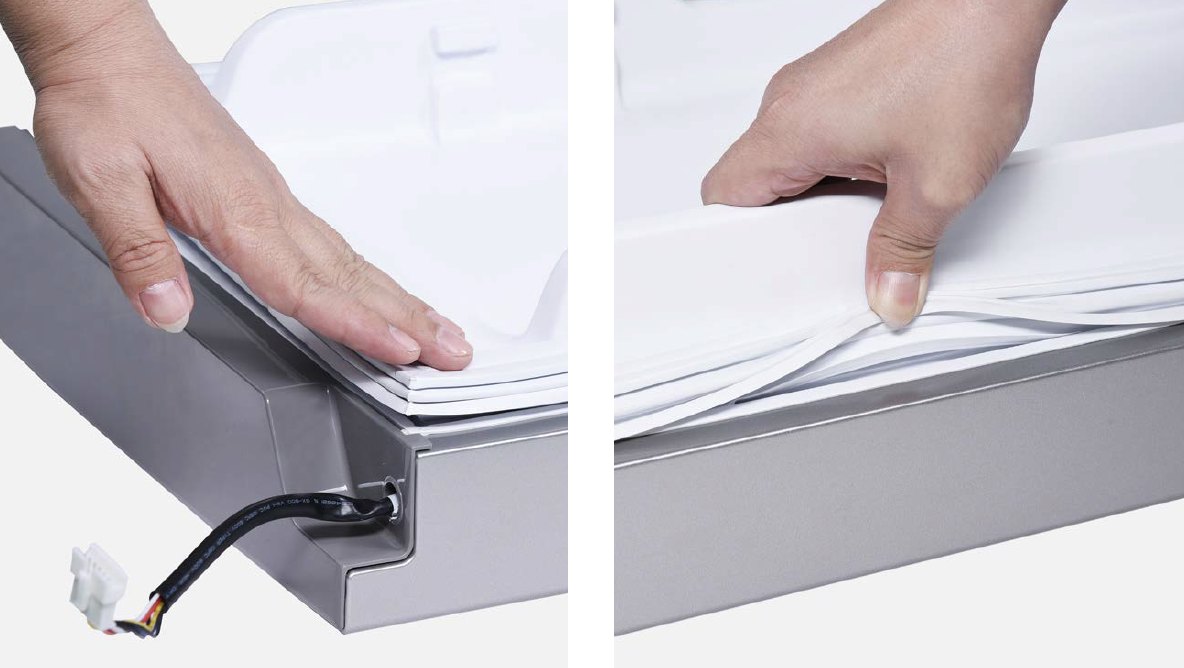
Tip 3
Make sure gasket is properly aligned with edges of trough.
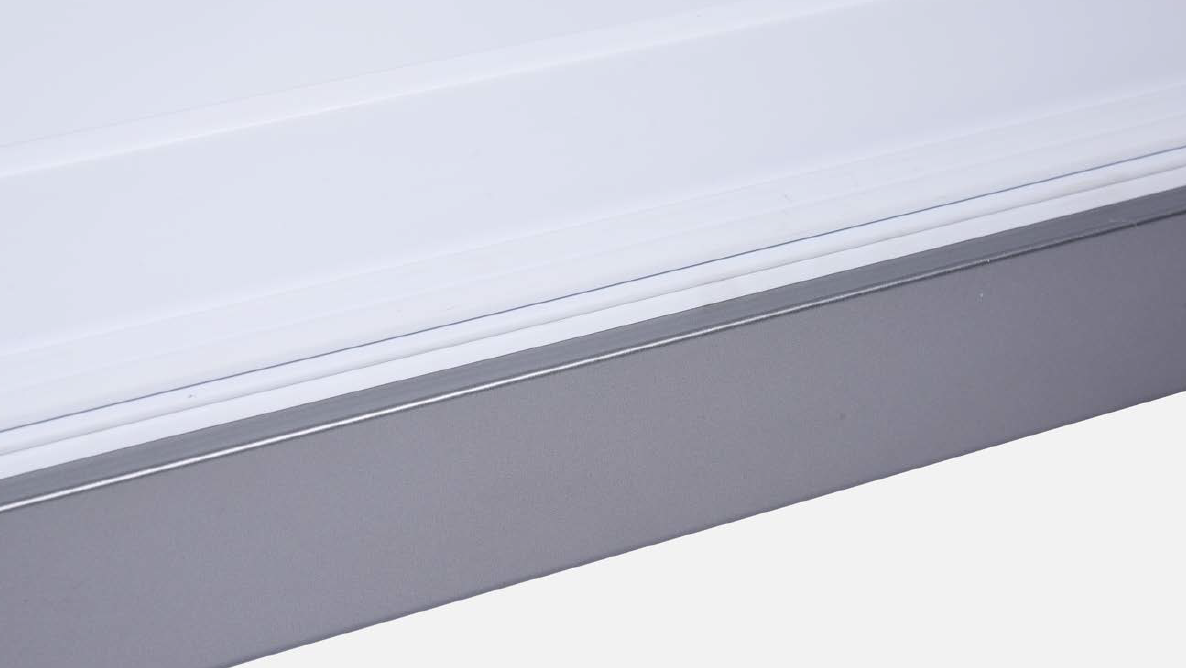
Tip 4
Check if baffle fins of gasket are in right position.
After closing the door, gasket is well attached onto door.
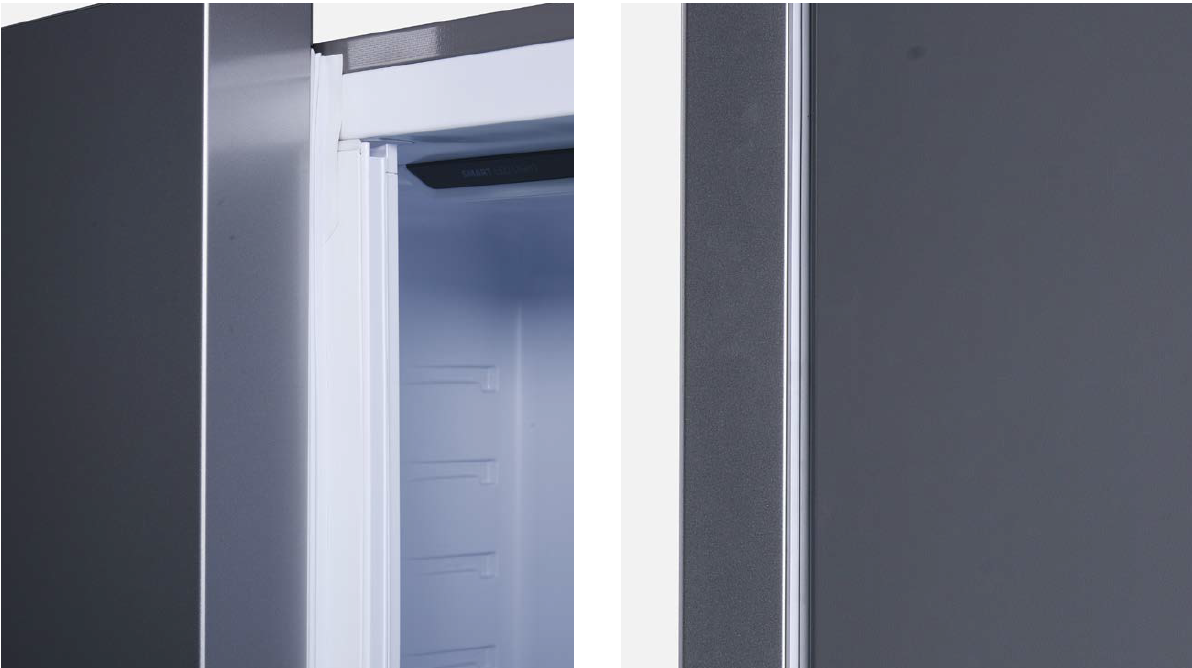
CHECK AND TEST 2
Step 1
Blow hot air on gasket with a hair dryer to soften gasket, so it can be easily attached to cabinet.
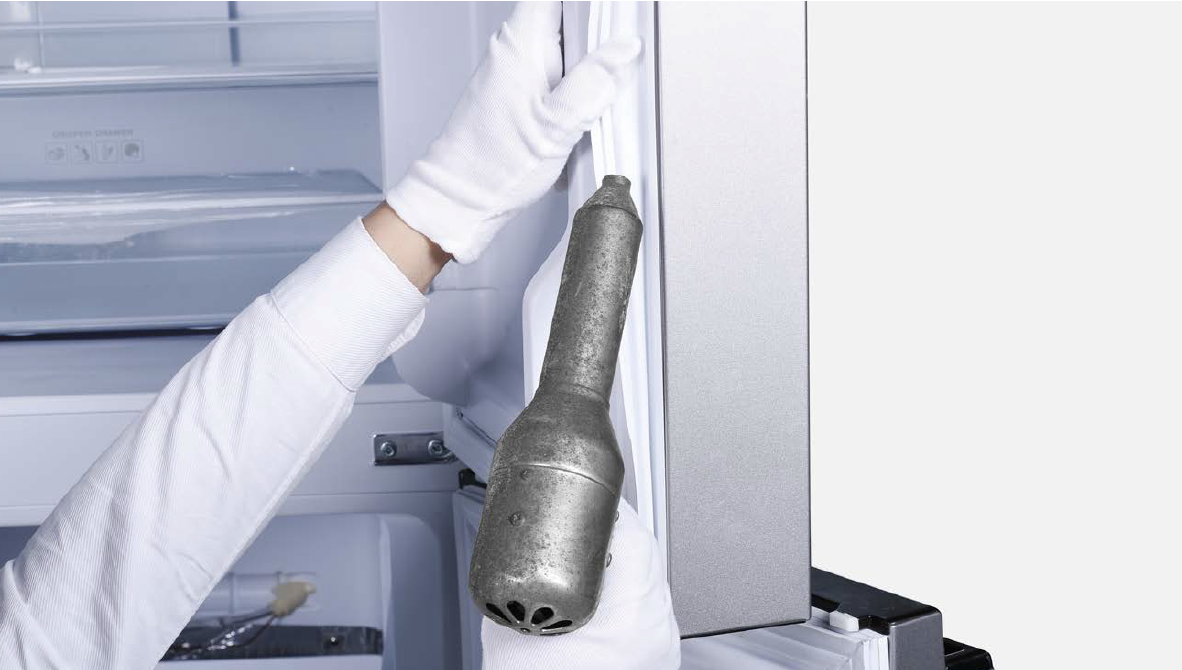
Step 2
To assess whether rework was successful, place a torch on shelf and point light towards gasket.
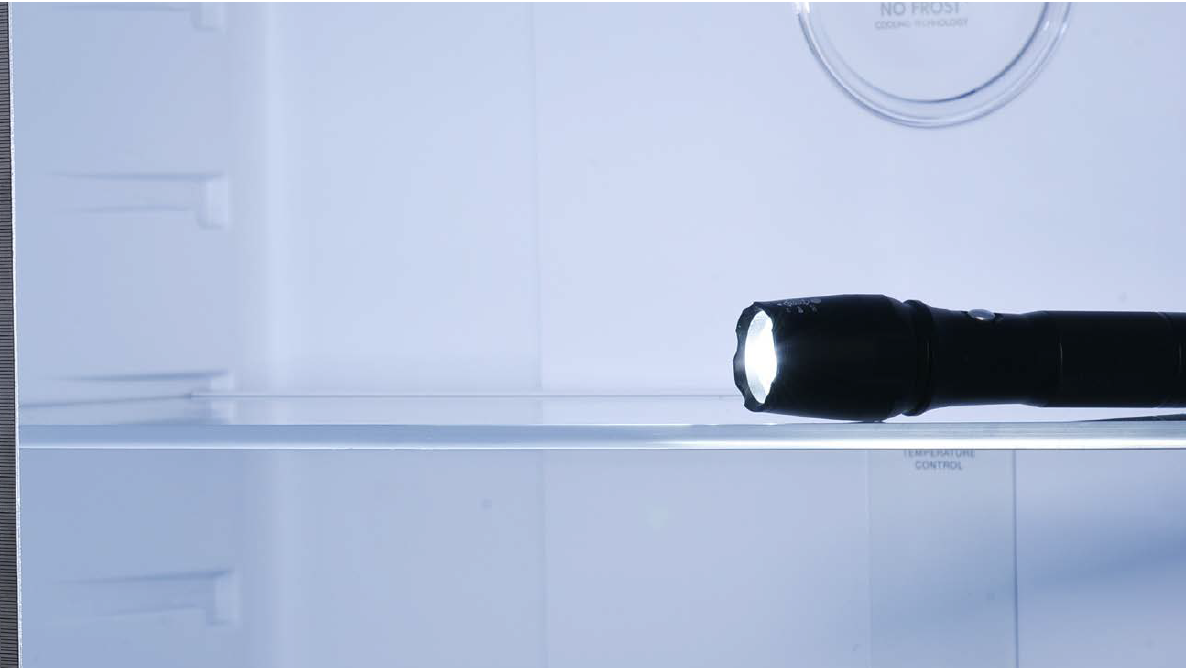
Step 3
Close door to see if there is any light leaking out.
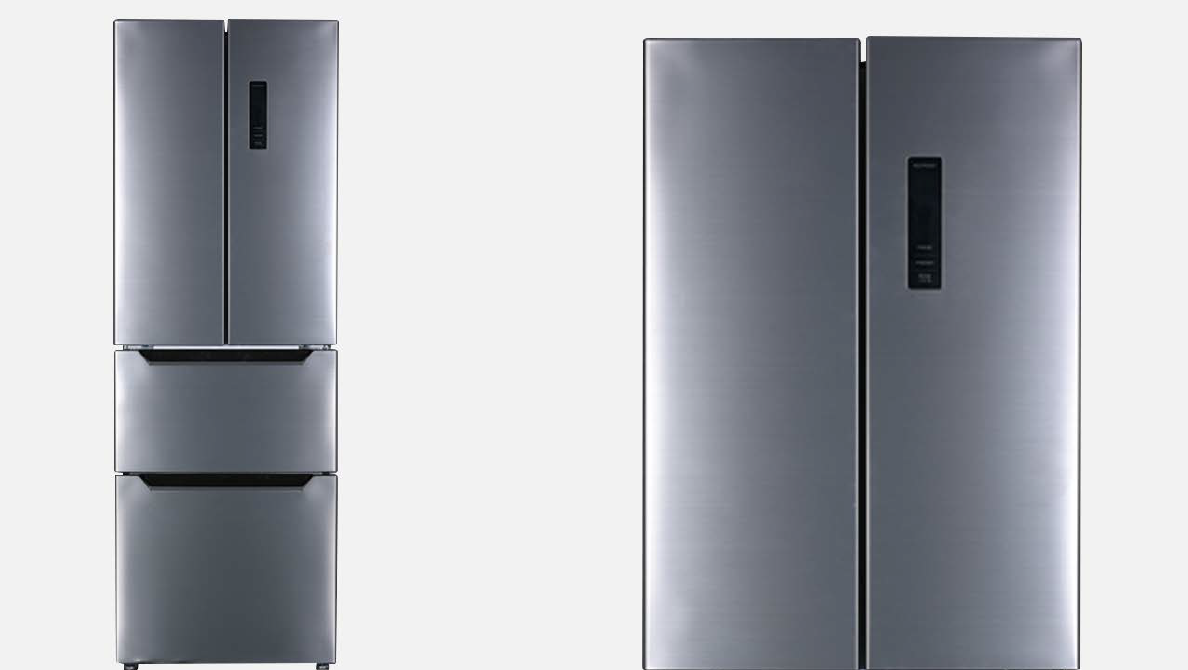

DIAGNOSIS 2


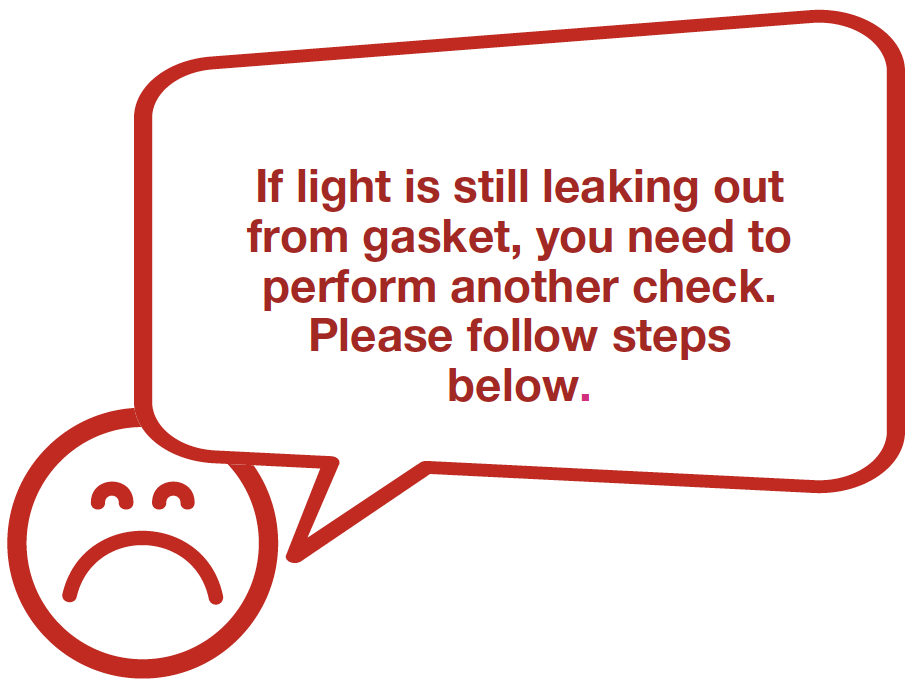
CHECK AND TEST 3
Step 1
Check to make sure that gasket is not wrinkling.
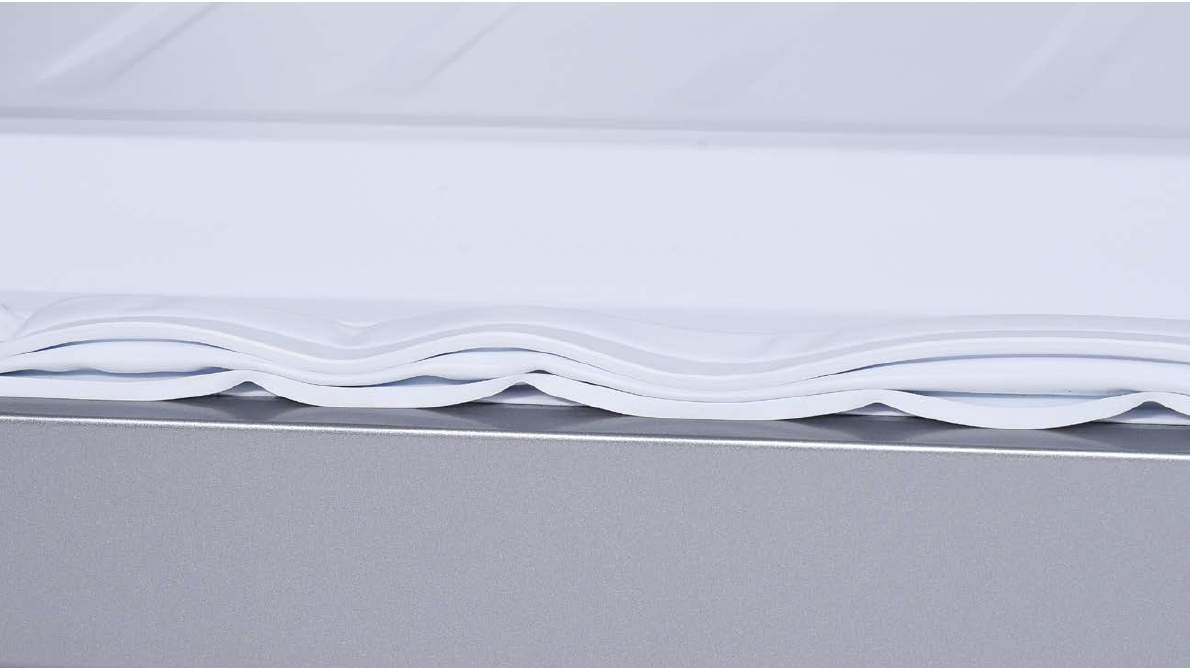

DIAGNOSIS 3

CHECK AND TEST 4
Step 1
Use vernier callipers
to measure width of
entrance of gasket seat.
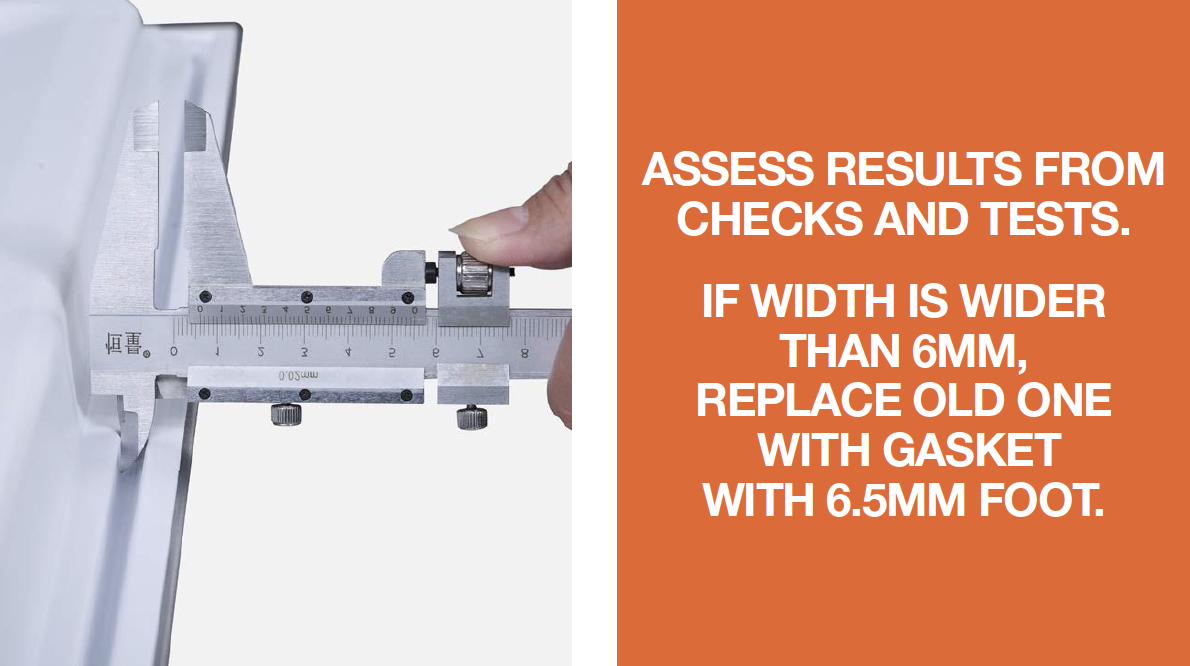
Step 2
Use tool of same shape as gasket seat and insert into gasket seat, then flip the tool around.
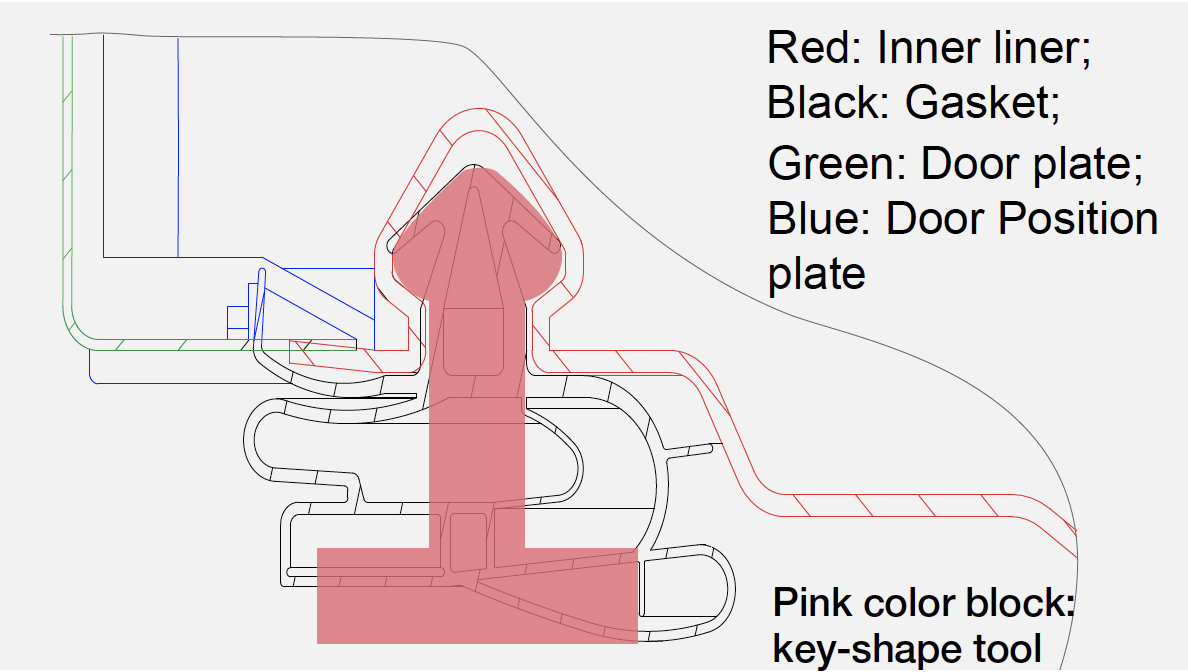
DIAGNOSIS 4
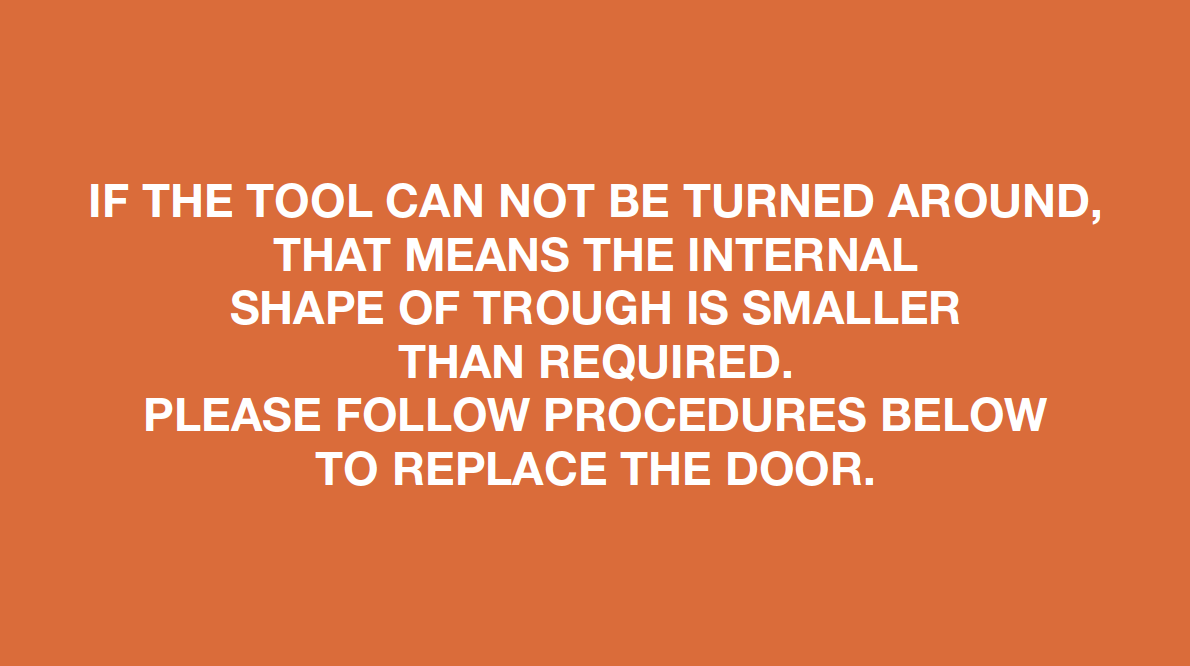

PROCEDURE 3

Step 1
Unscrew hinge cover.
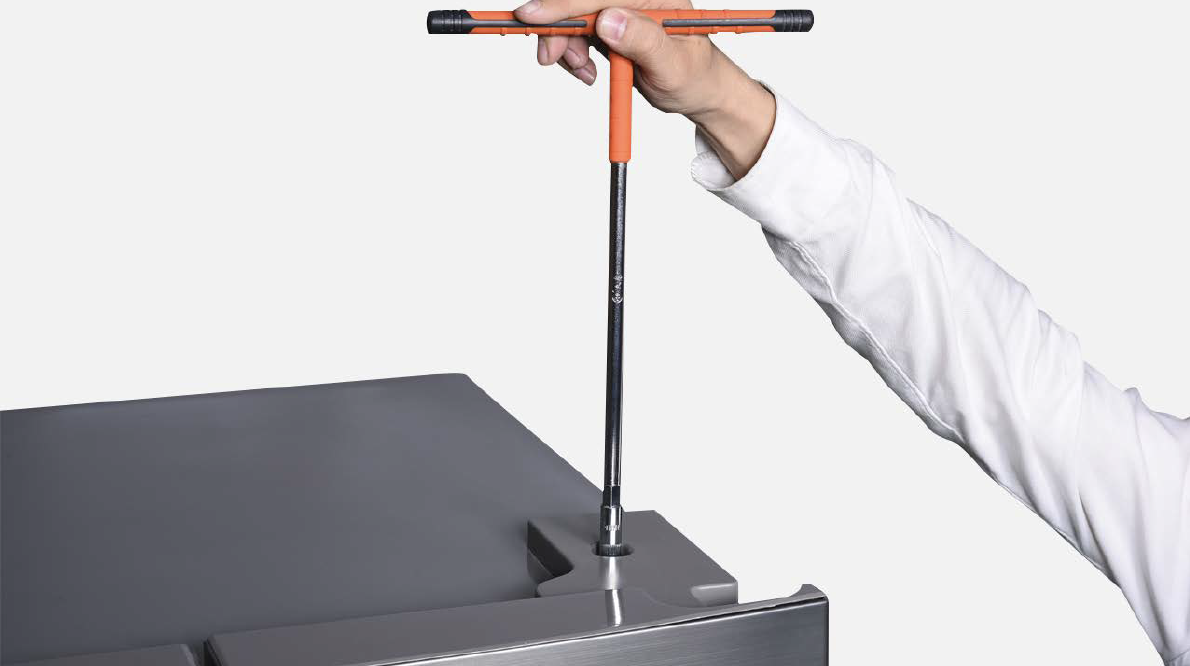
Step 2
Remove the cover.

Step 3
Disconnect the terminals.
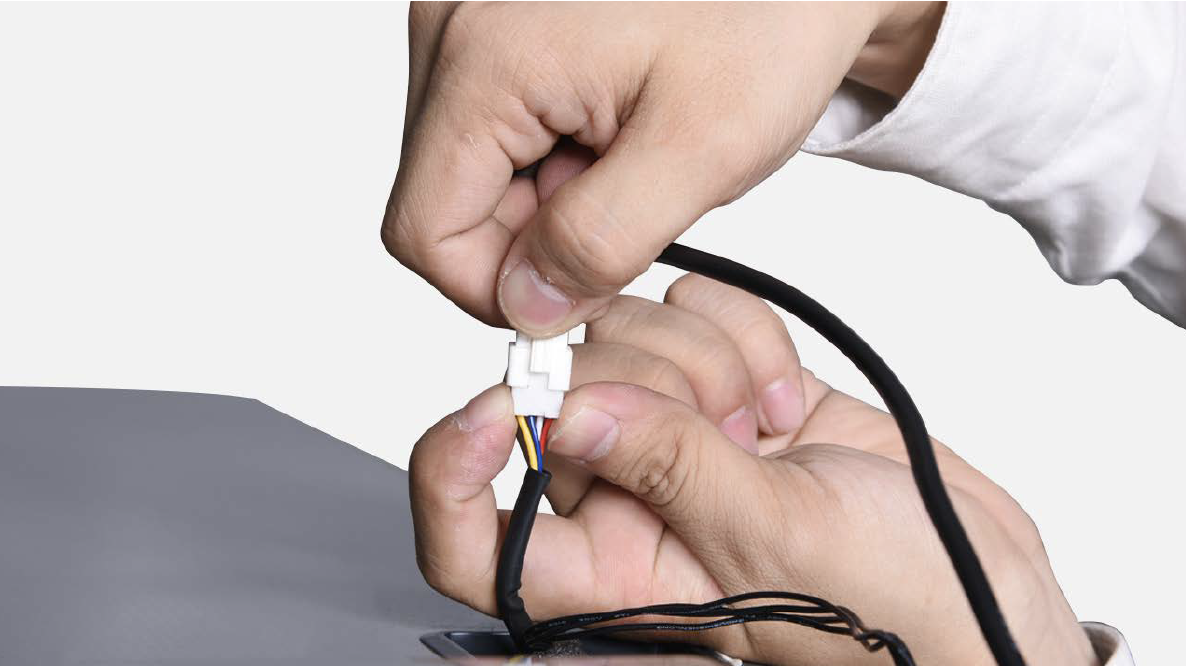
Step 4
Unscrew 3 bolts and remove the top hinge.
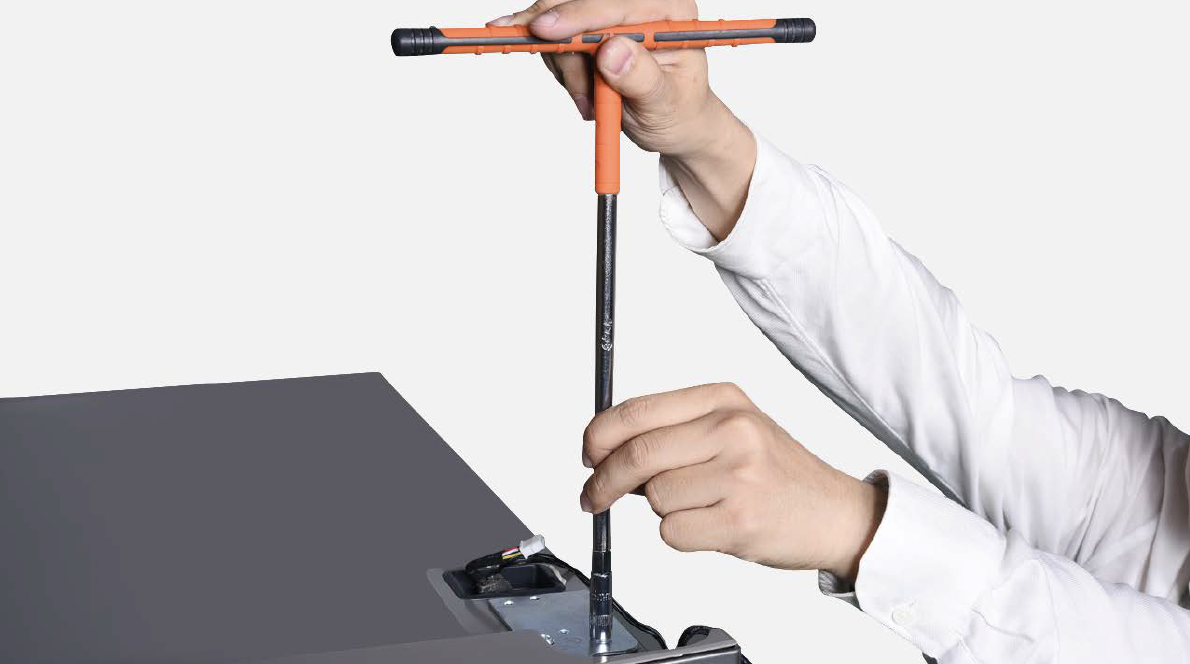
Step 5
Remove fridge door.

NOTE
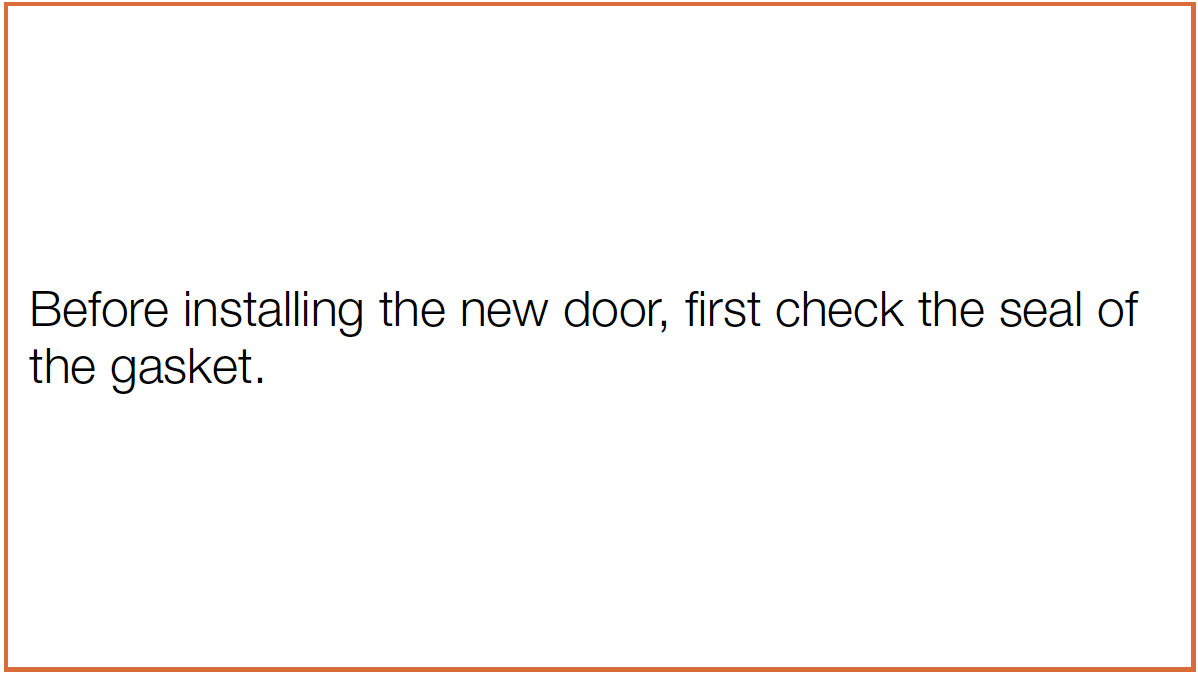

CHECK AND TEST 5
Make sure gasket is not detaching.
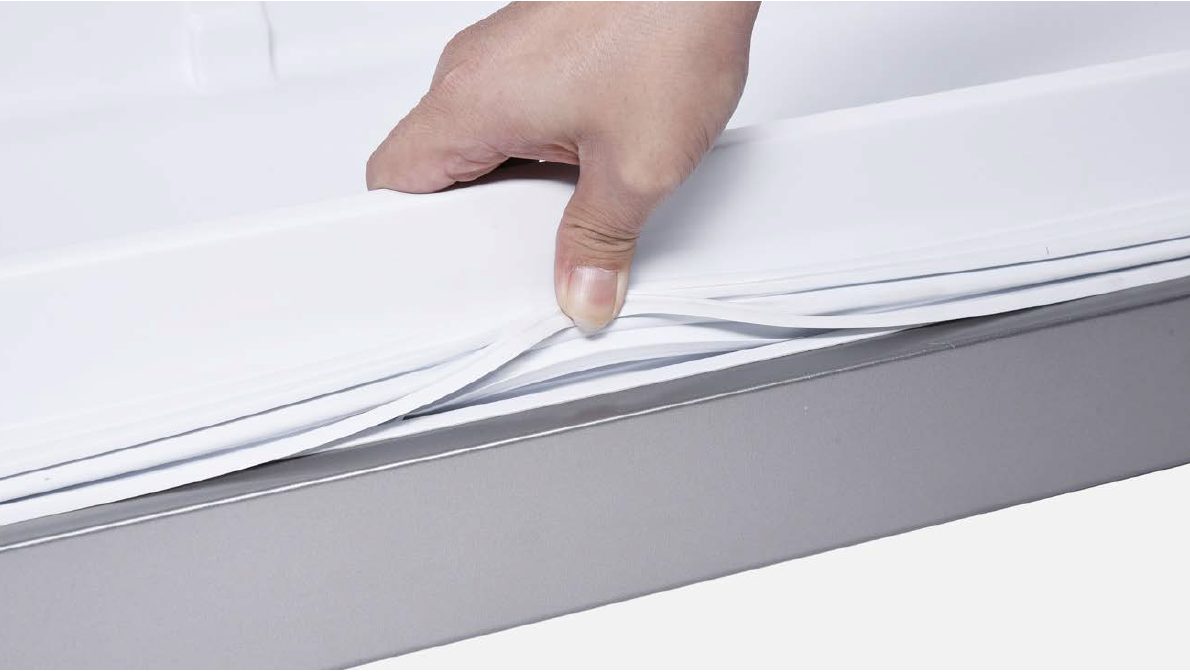
Step 2
Insert the gasket into gasket seat, and pull it with a force of 30Nm.
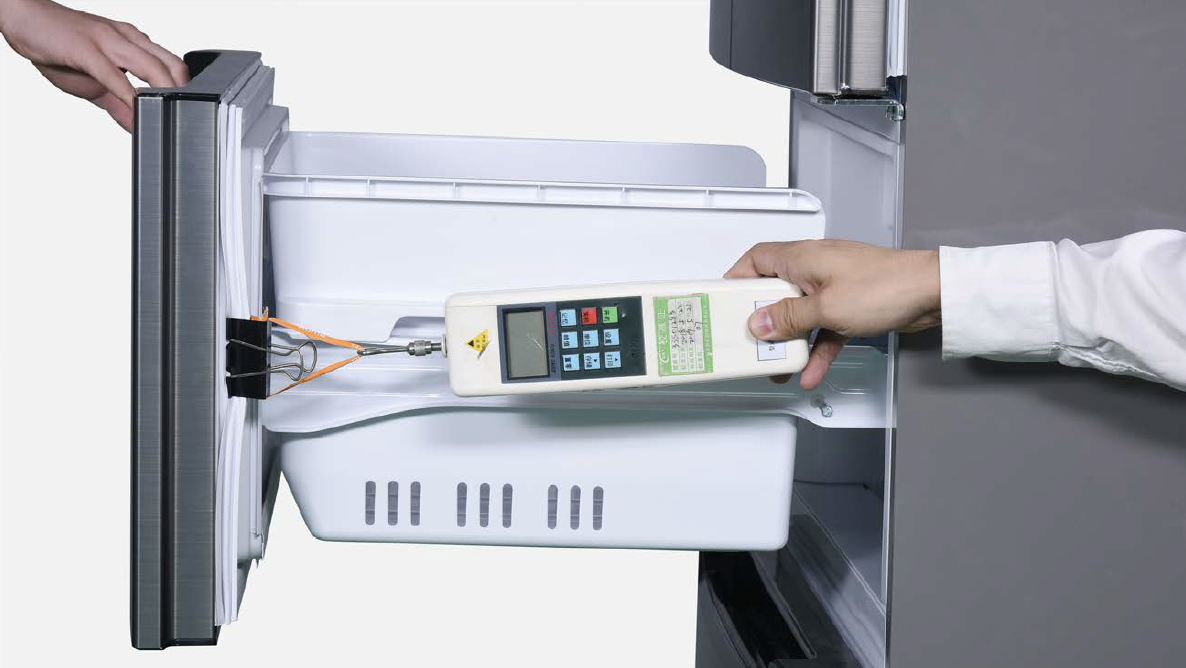

DIAGNOSIS 5
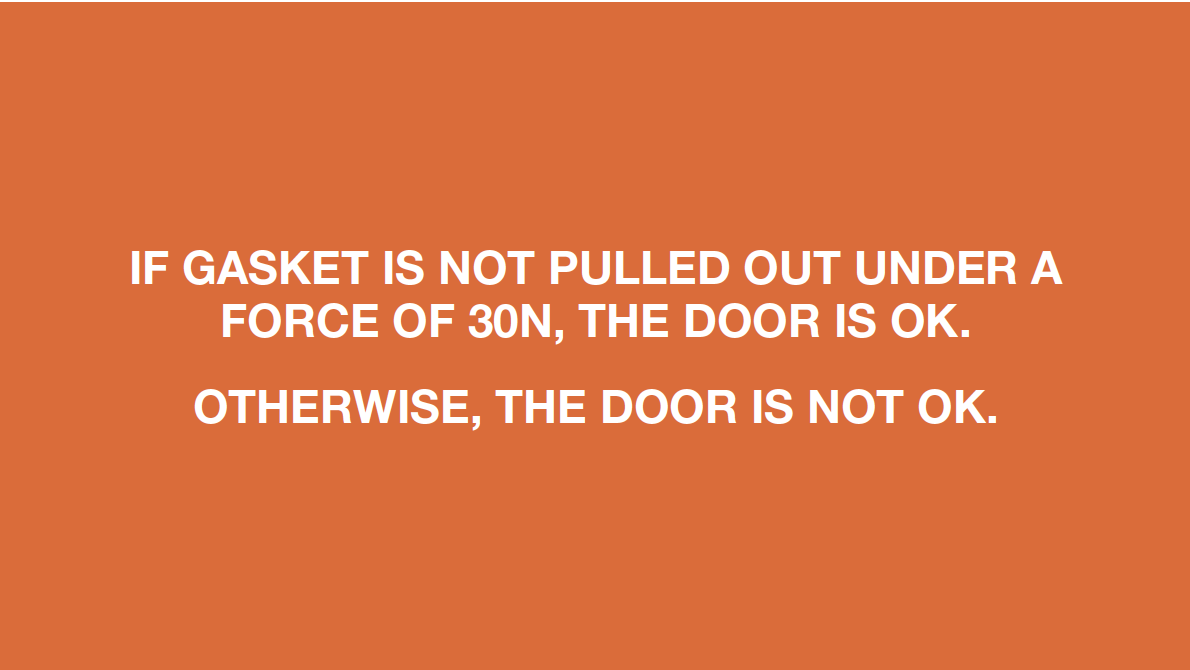
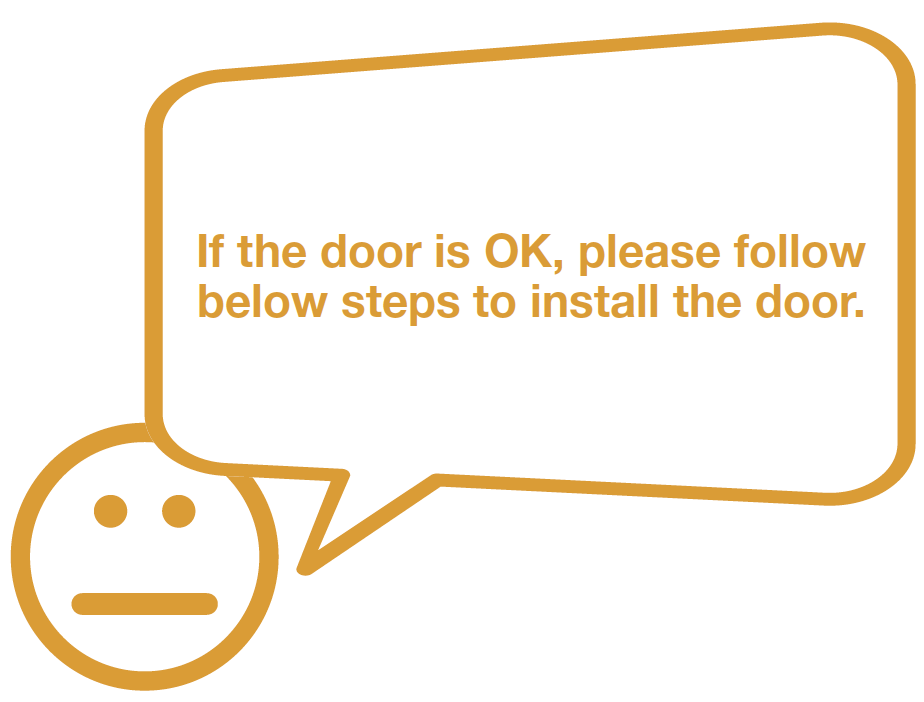
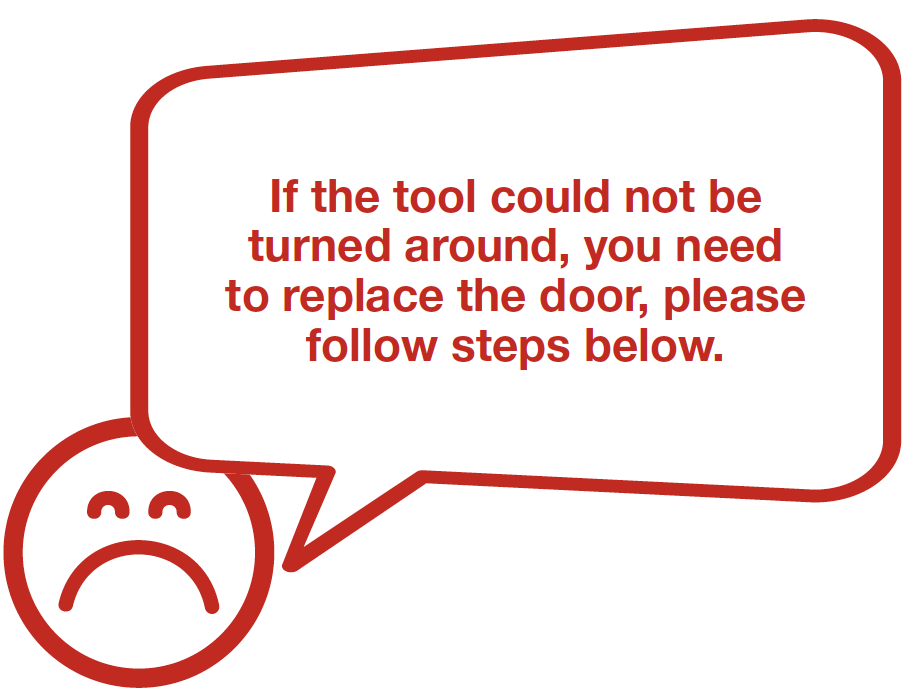
Tip 3
Make sure gaps between doors are even.
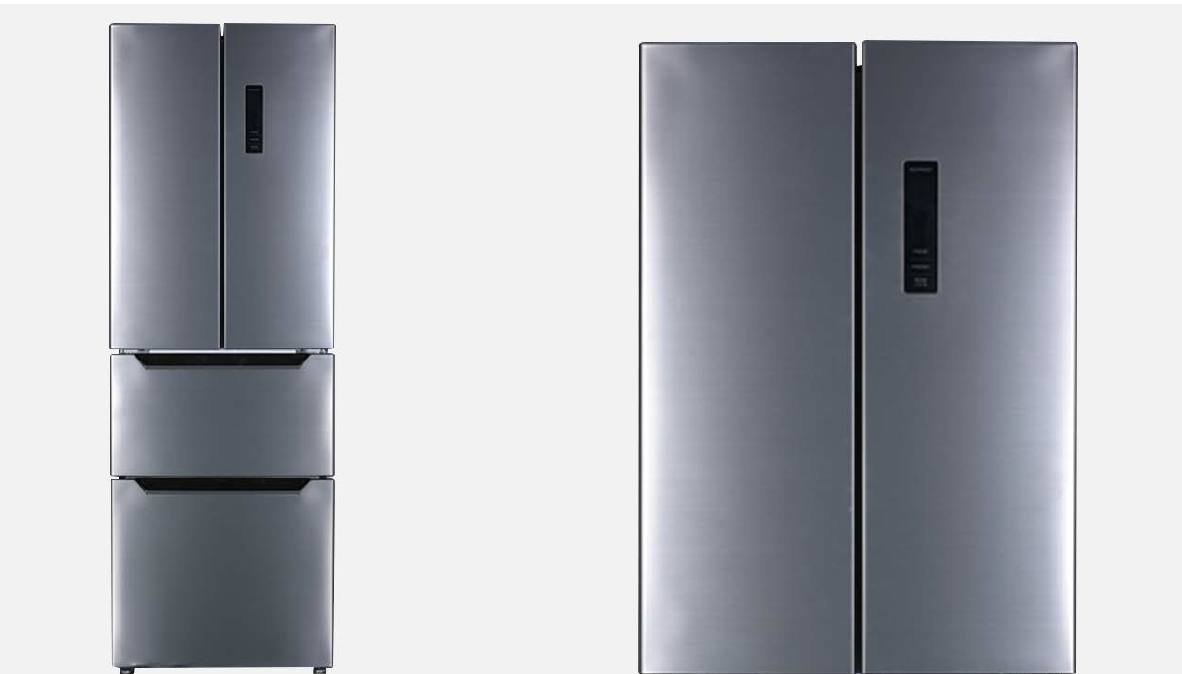
CHECK AND TEST 6
Step 1
Blow hot air on gasket with a hair dryer to soften gasket, so it can be easily attached to cabinet.
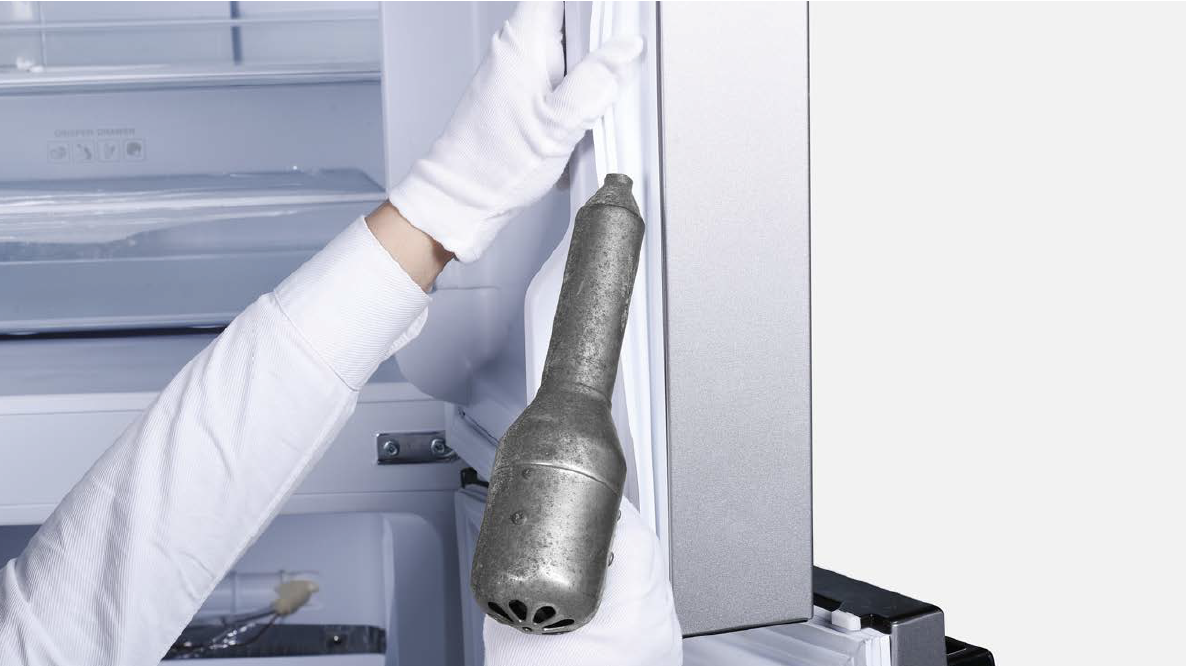
Step 2
To assess whether rework was successful, place a torch on shelf and point light towards gasket.
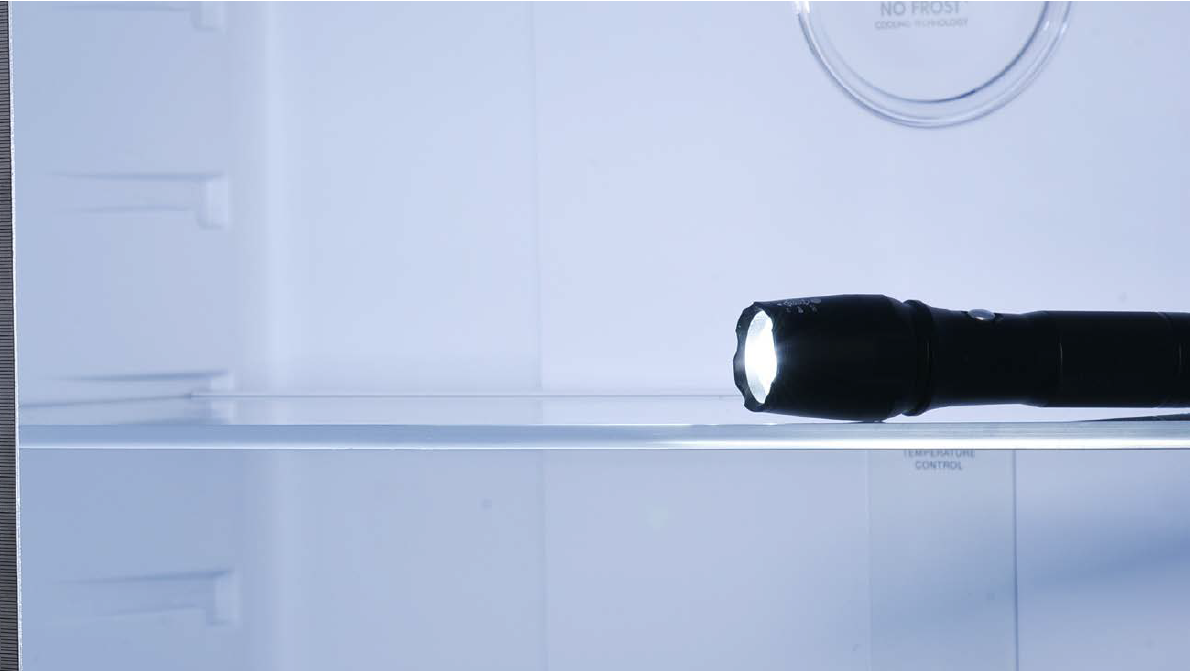
Step 3
Close door to see if there is any light leaking out.
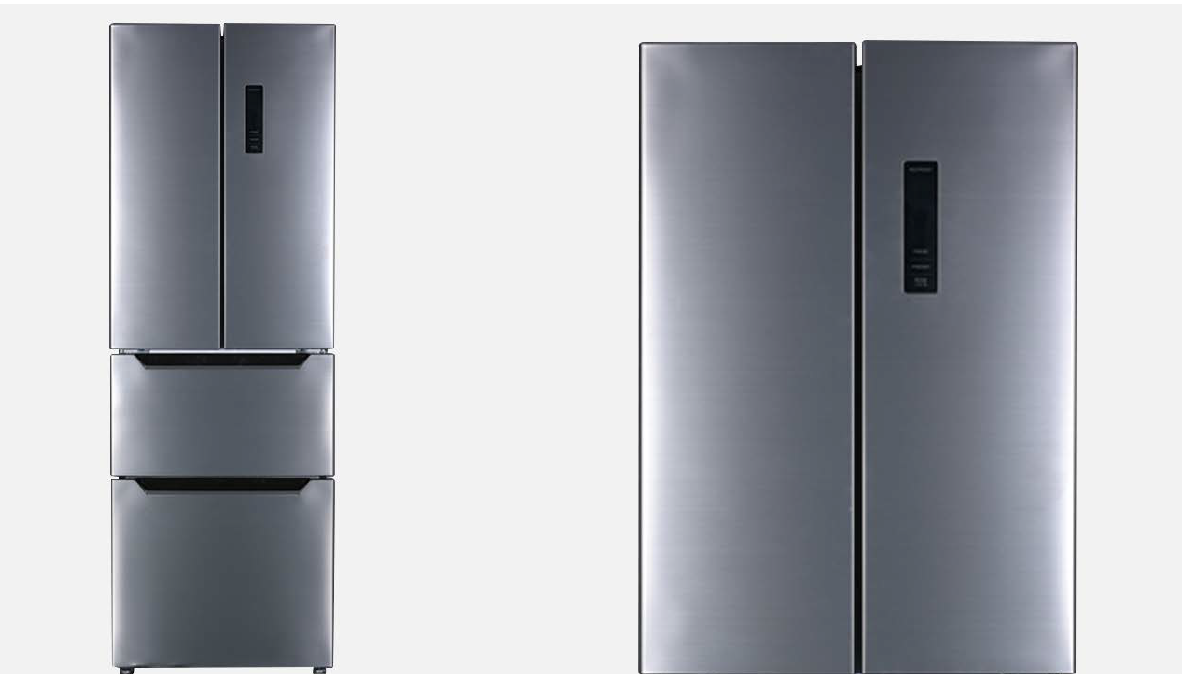

DIAGNOSIS 6

